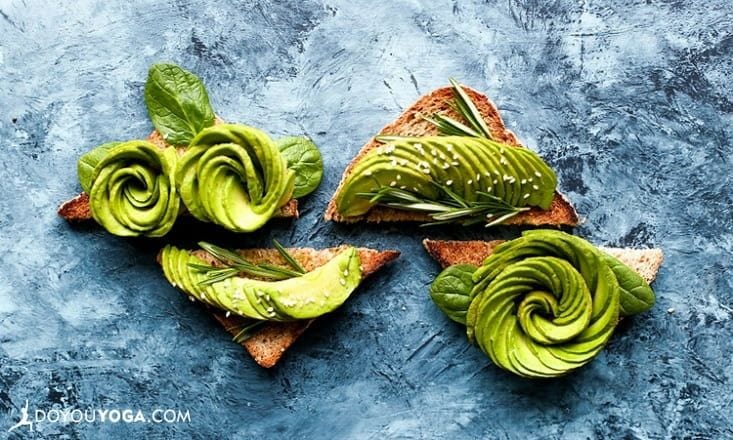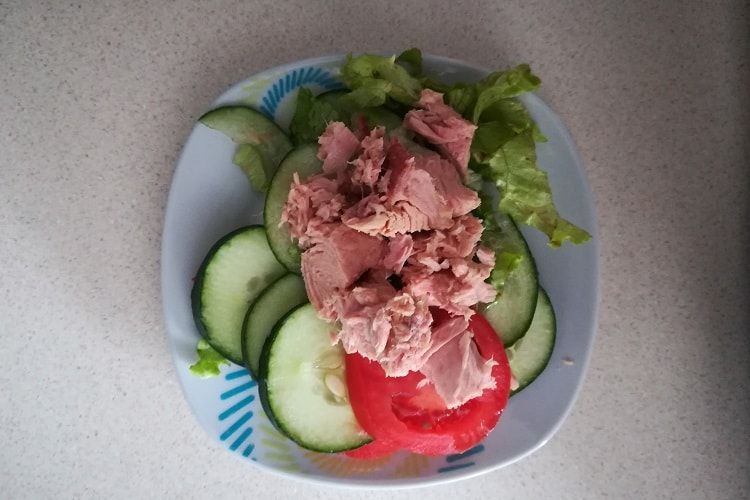Most people wouldn’t naturally find a relationship between food and hormones. When we talk about hormones, we tend to think about puberty, menopause, and pregnancy. However, hormones have an important role in the healthy functioning of our body on a daily basis, believe it or not.
Hormones are chemical messengers produced by the endocrine system that can tell us to feel hungry or full, make us feel scared or angry, change our mood, or make energy readily available–among hundreds of other functions.
Without hormones, we wouldn’t know when to stop or start eating, our cells and brain would be out of sync, and, frankly, we wouldn’t survive for very long.
Sometimes, different stimulants can cause an imbalance in our hormone levels. In addition to getting enough sleep and exercise, following a healthy diet with a variety of foods is a key element of keeping our hormones in balance.
The Relationship Between Food and Hormones
First, it is important to mention that hormones are composed of the same building blocks as proteins and fats. The food we eat is digested then transported through the body in the form of these most basic building blocks, such as amino acids and fatty acids. These are then used to make, among many other things, hormones.
Some food components also have a role in blocking or facilitating hormone functioning, which is where their capacity to balance hormones in the body is so important. We can take advantage of this by eating more of the foods that promote hormone balance, and less of those that may be throwing it off.
Conventional treatment for hormone imbalance uses synthetic hormones in the form of pills and patches, but eating the right foods may be able to re-establish the balance so you don’t have to turn to pills.
Of course, if you have a serious hormone imbalance, it may be a symptom of a potentially serious health problem, so it is important to talk to an endocrinologist about the best treatment for you.
Four Foods that Help Balance Your Hormones
1. Avocado
Avocado is high in omega-3 fatty acids, which help to reduce inflammation and promote brain health. This is very important for ensuring effective communication between our cells and our brain. Omega-3 fats, along with a variety of other healthy fats, are important for hormone production, while also offering other health benefits such as promoting weight loss and strengthening your immune system.
2. Tuna
White chunk tuna, like avocado, is also high in omega-3 fatty acids. But it also contains Vitamin D, which acts like a hormone in the body and can fight inflammation and even seasonal depression. As an added bonus, it is also essential for bone health, so tuna, and other fatty fish like salmon and mackerel, is food for your mood and your bones.
3. Quinoa
Some types of hormone imbalances are aggravated by spikes in blood sugar. These spikes occur when we consume foods with a high glycemic index, such as white bread and potatoes. Quinoa, a whole grain with a low glycemic index, provides complex carbohydrates as well as vegetable protein. Changing white rice for quinoa can help control blood sugar and prevent insulin spikes, promoting hormone health, and offering a host of skin health benefits to boot.
4. Almonds
Almonds can be particularly beneficial for women who have been noticing their skin has been drier and thinner than usual. Almonds help to increase the level of a hormone called adiponectin, which regulates blood sugar levels and reduces levels of testosterone, which could be causing alterations in skin appearance.
A balanced diet packed with foods high in fiber and healthy fats will help to promote hormone health, and all the benefits that go along with it–healthy-looking skin, diabetes prevention, weight loss, and even a better mood.






